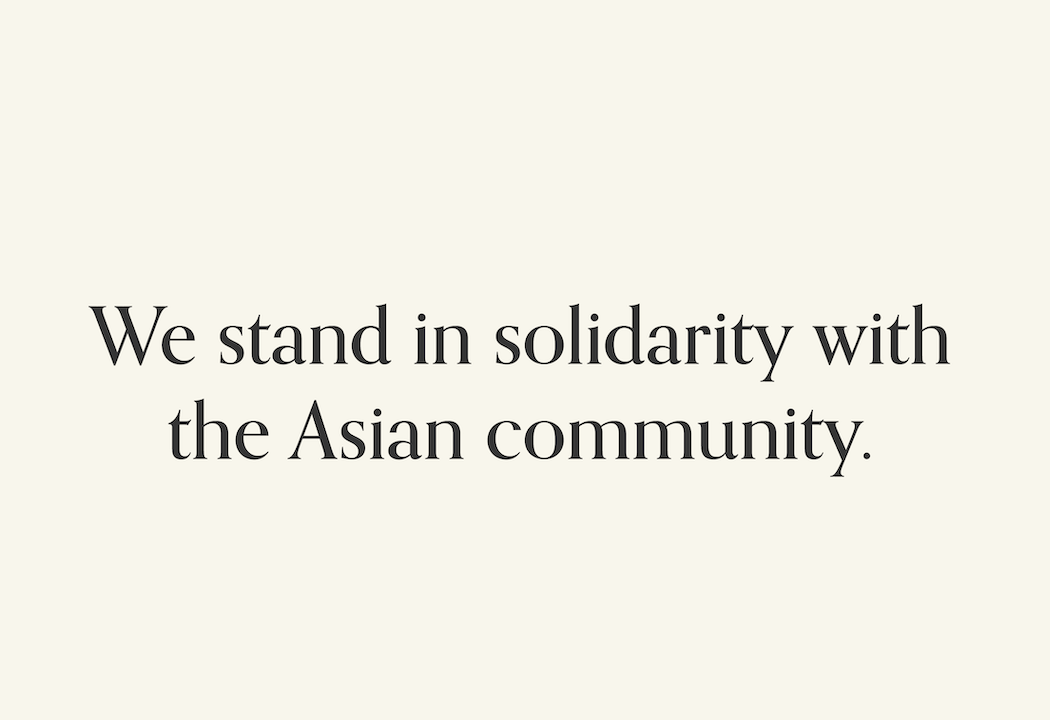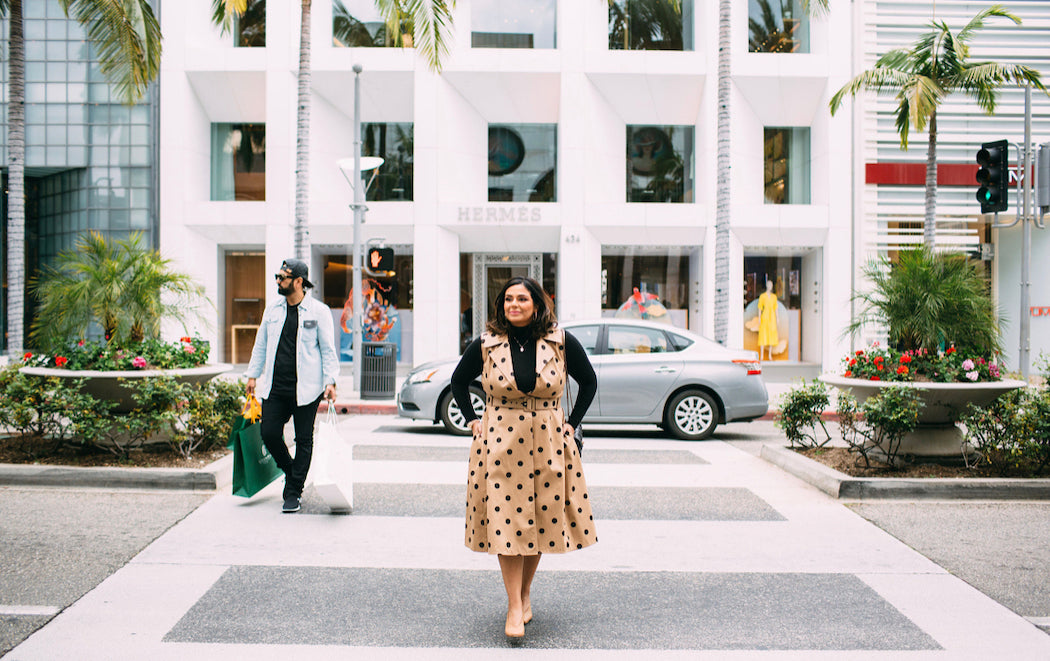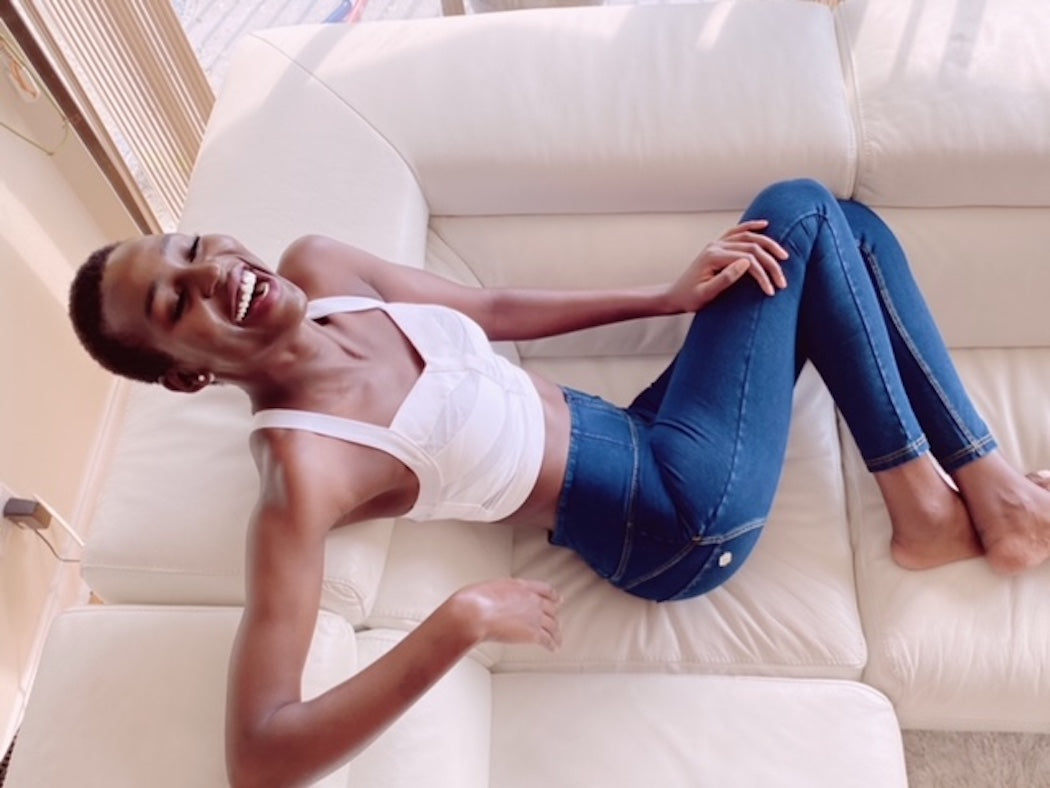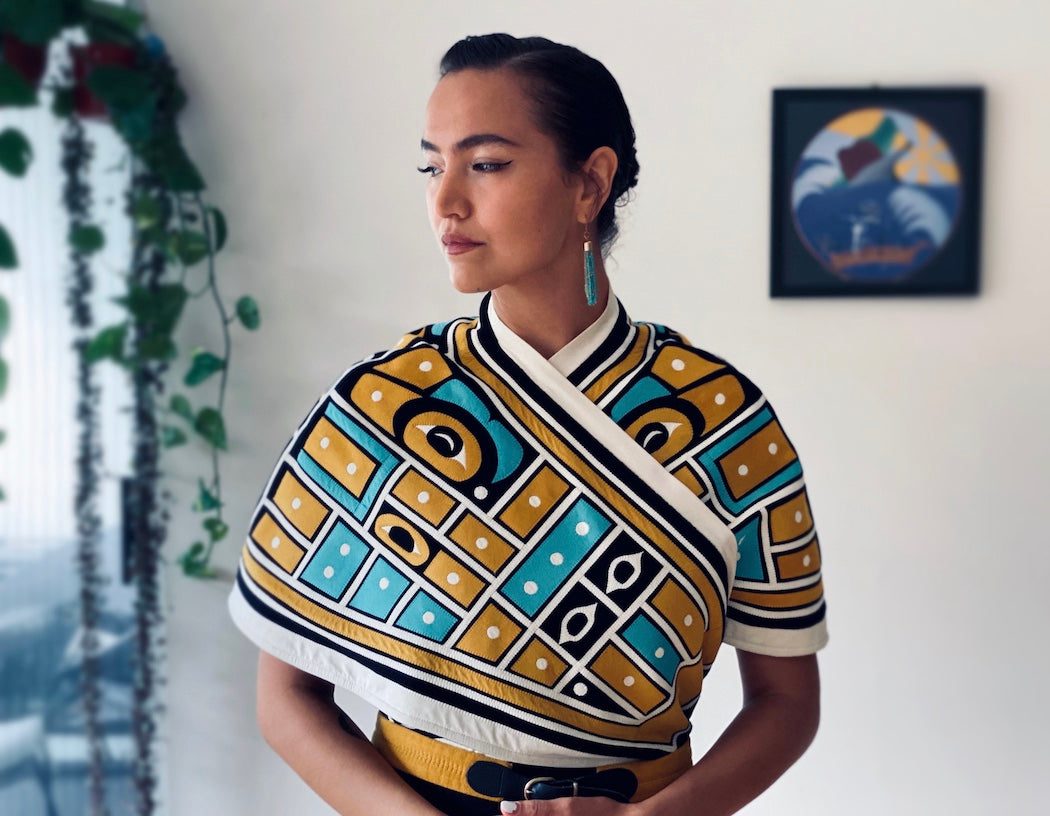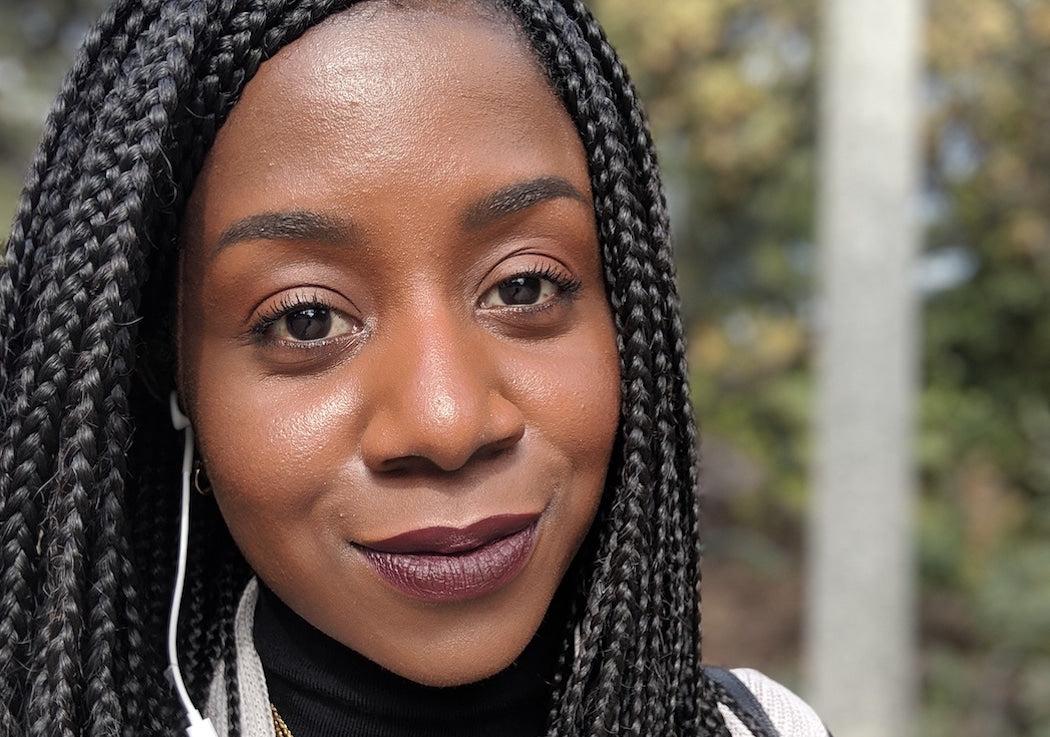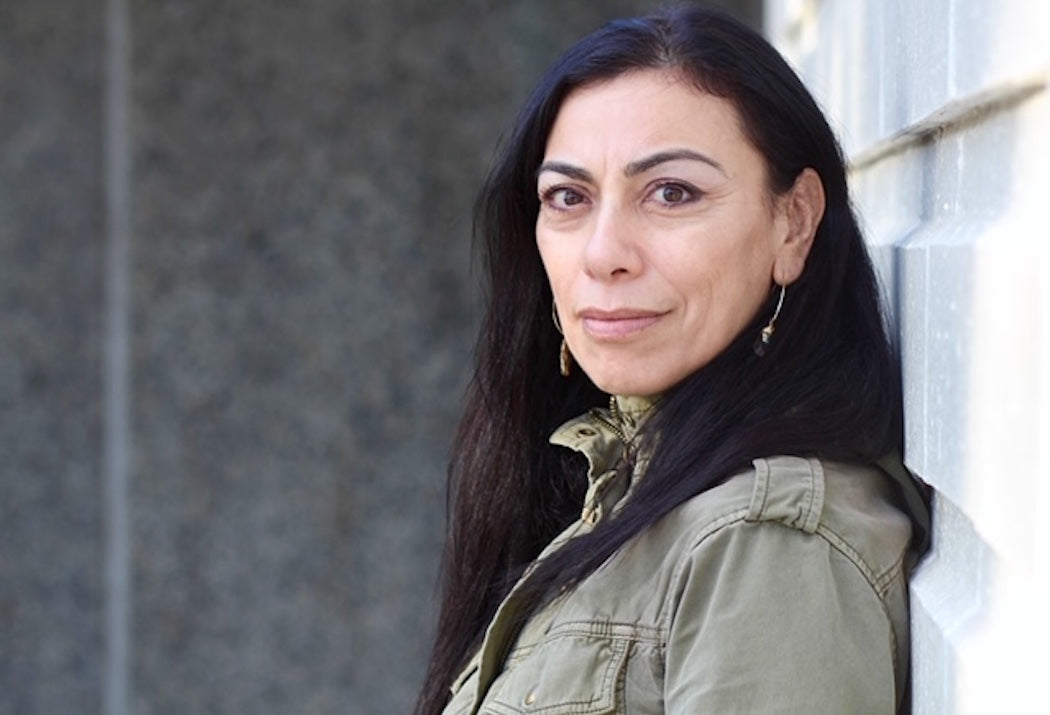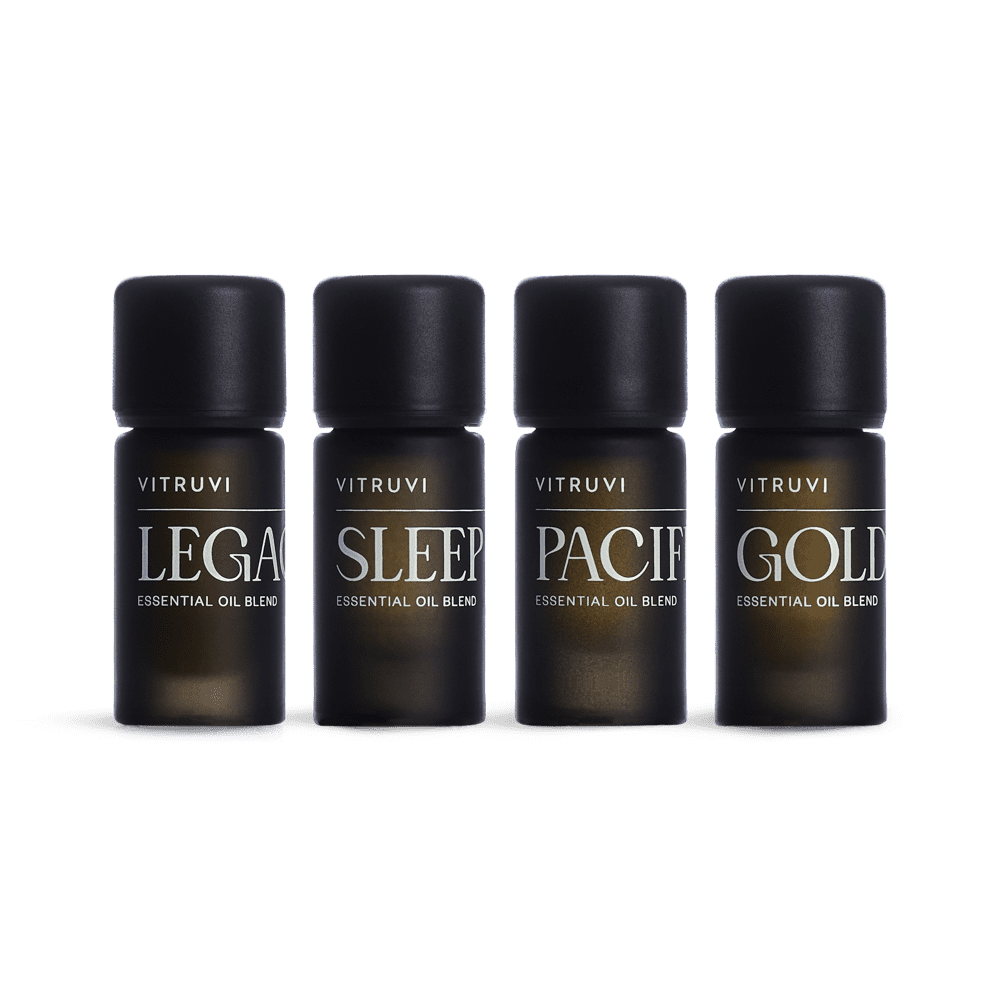Meeting Lauren Chan at New York’s Mexican joint Chavela’s seems appropriate after my jaunt to check out a Frida Kahlo exhibition at the Brooklyn Museum, but the place is so bustling when we sit down that it’s hard to hear the entrepreneur’s sparkling conversation at first. It prompts us to commiserate about nightmare interview scenarios—Chan was an editor at Glamour magazine before striking out as a full-time size-inclusivity advocate and founder of the size 12-and-up workwear brand, Henning, which will launch this fall—and the seeming implausibility of those celebrity interviews we grew up reading; you know, the ones where the interviewer and interviewee share fries and conversation in some chic Manhattan or Los Angeles restaurant, seemingly immune to the noise around them.
Chan and I speak about how many times those kinds of profiles—at least when the subject was a woman—centred around the subject’s appearance and apparel. I’ve always tried to stray away from such writerly conventions, but the older I get and the more woke I become, the harder I find it to separate appearance from identity. Not because I think you should judge a book by its cover, of course, but because there’s a luxury in dressing that isn’t historically afforded to those who aren’t “blessed” with an actor or model body type.
That’s something Chan is trying to change. As a plus-size model turned fashion industry insider, she has seen firsthand the frustrating limitations and woeful invisibility of people who, like herself, don’t adhere to arbitrary appearance conventions. For instance, she recalls how hard she tried to tamp down her differentness size-wise when she started at Glamour because she wanted to appear like everyone else. “When I got my first editing job that I had so badly wanted, I did not want anything to do with plus-size when I got there,” she says. “I was finally there in the ivory tower, and I didn’t want to be the big girl in the room.”
She notes that growing up reading those “aspirational” magazine profiles and perusing page after page of fashion editorials had a life-long effect. “It made me feel like I didn’t belong, and that I was wrong for being who I was,” she says. “I obviously love fashion because of a lot of the reasons that everyone does; it’s an escape, because it’s great, because you get to participate in a world from afar. But at the same time, I was internalizing this idea that I was not white, and I was not a sample size. And I therefore wasn’t what a woman quote-unquote should be.”
Chan’s mission is now bolstered by her oft-repeated mantra, “What makes you different is what makes you great.” She’s mentioned it to me (and as a self-certified weirdo, I can definitely relate), and it was a key takeaway from her recent speech at an event run by ELLE Canada. Chan has used this notion to turn the tide not only during her time with Glamour, where she began writing tirelessly about size inclusivity and how concepts of “flattering” clothing do nothing but reinforce negative stereotypes about body and self-worth, but also in the development of her new clothing line. As she finesses Henning’s brand and product development, Chan has harnessed the powers of crowdsourcing to help direct design differently and smartly. After all, why create clothing if you’re not listening to your audience?
There are a few across-the-board core concepts that Chan is ensuring are addressed by Henning, in particular fit and fabrication. Calling out another example of the privilege that comes with the sizes found on most store shelves, Chan notes that because of the poor-quality poly textiles used in most plus-size clothing—fabrics that let sweat and smell cling—the people who wear them are typically shy to raise their hands in a meeting. So, putting on traditional types of plus-size clothing automatically sets up the wearer for anything but success.
But in the same way Frida Kahlo bucked convention with her choice of dressing, artistic subject matter, and lifestyle choices, Chan is embracing and harnessing alternatives, and ensuring that future generations of plus-wearing people are seen, listened to, and respected—that they raise their hands and are finally heard.


